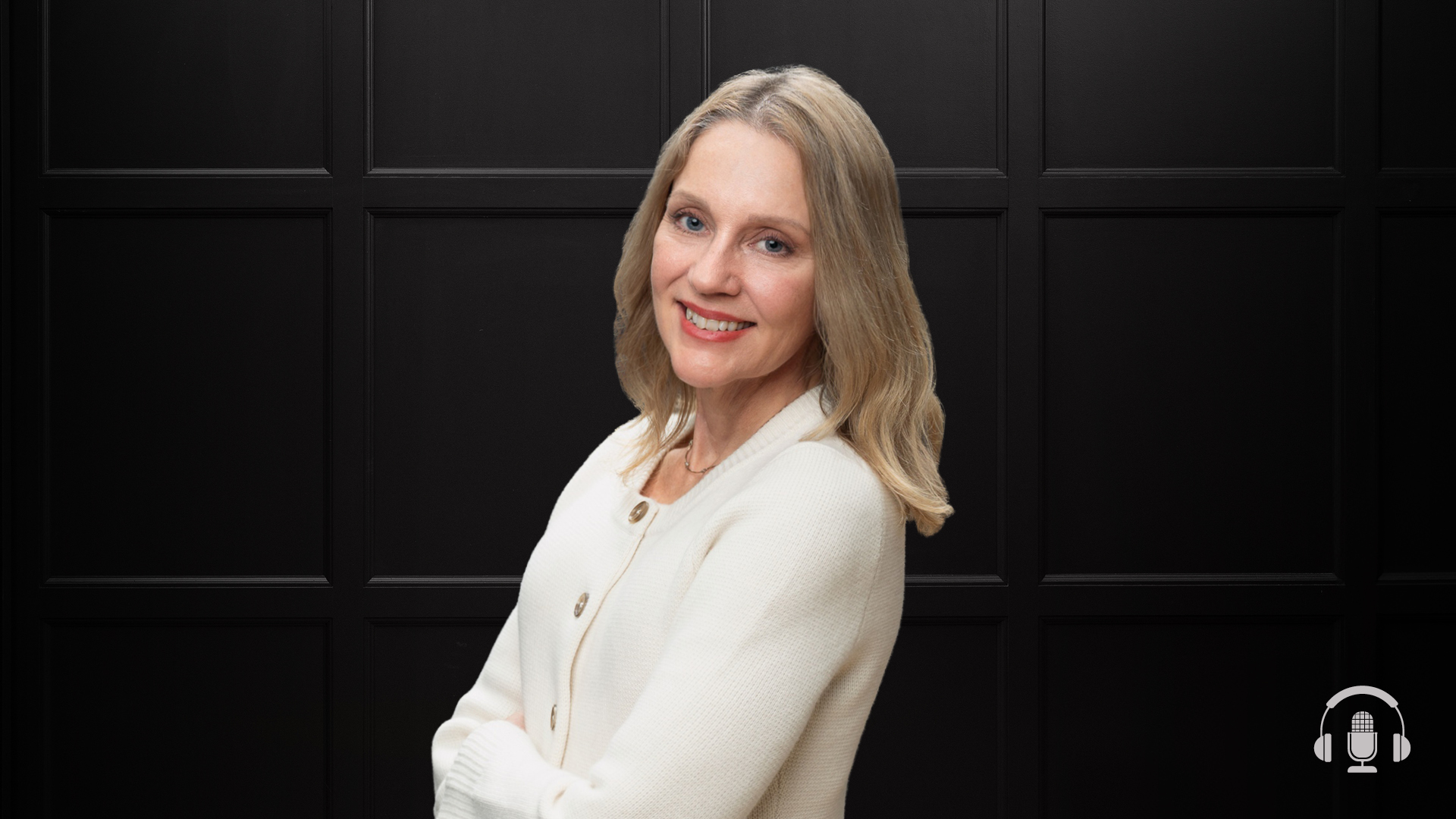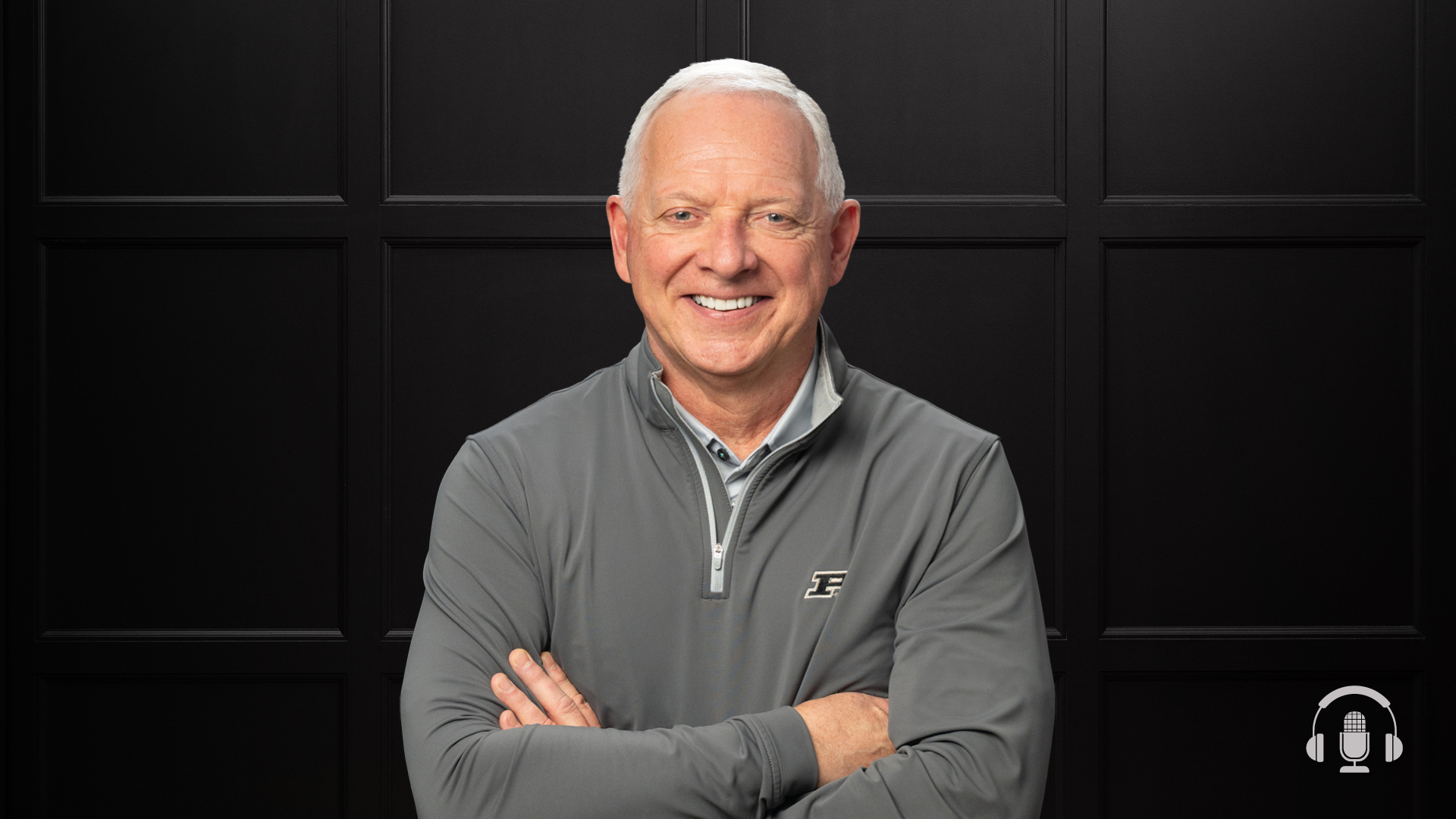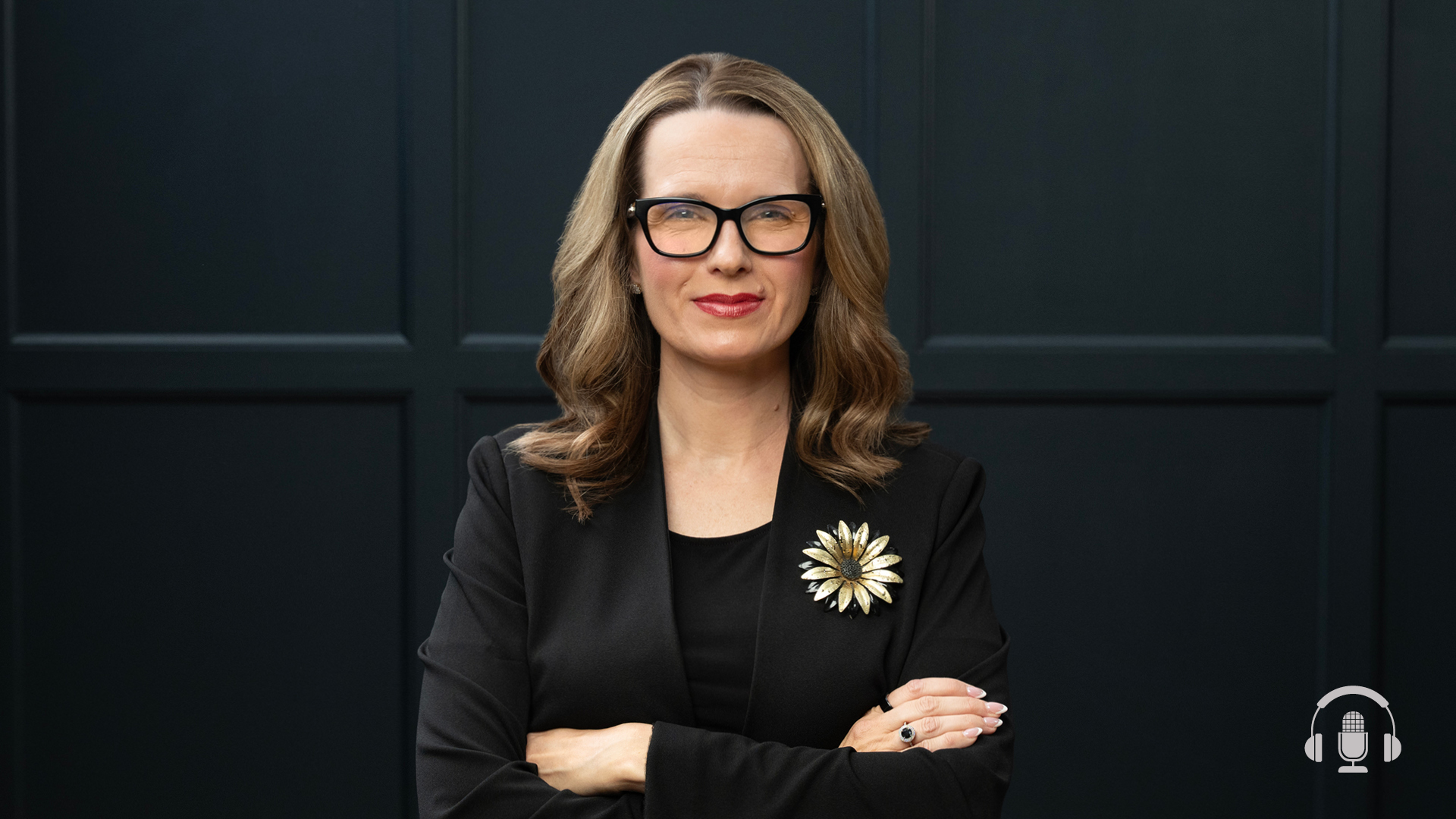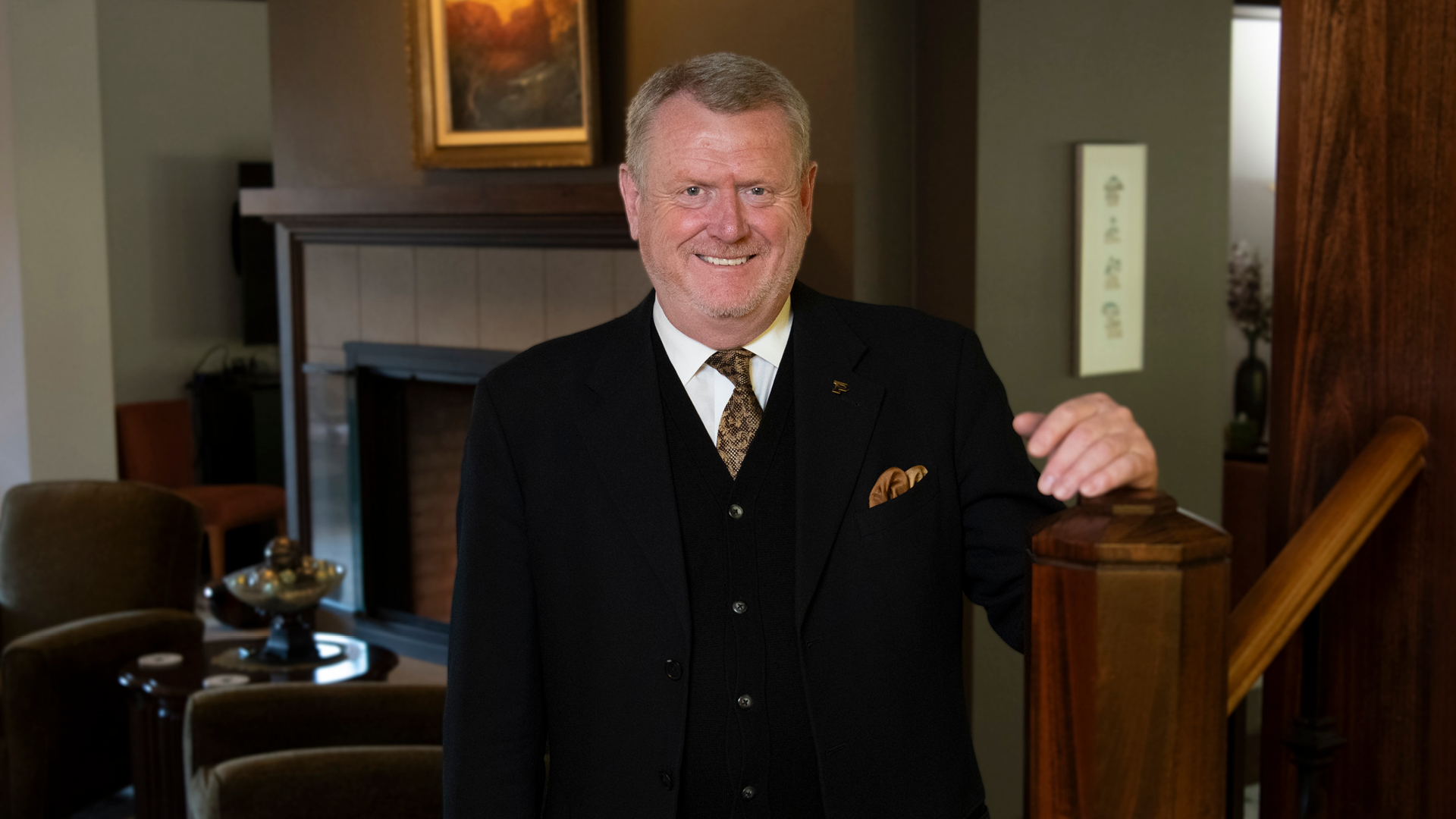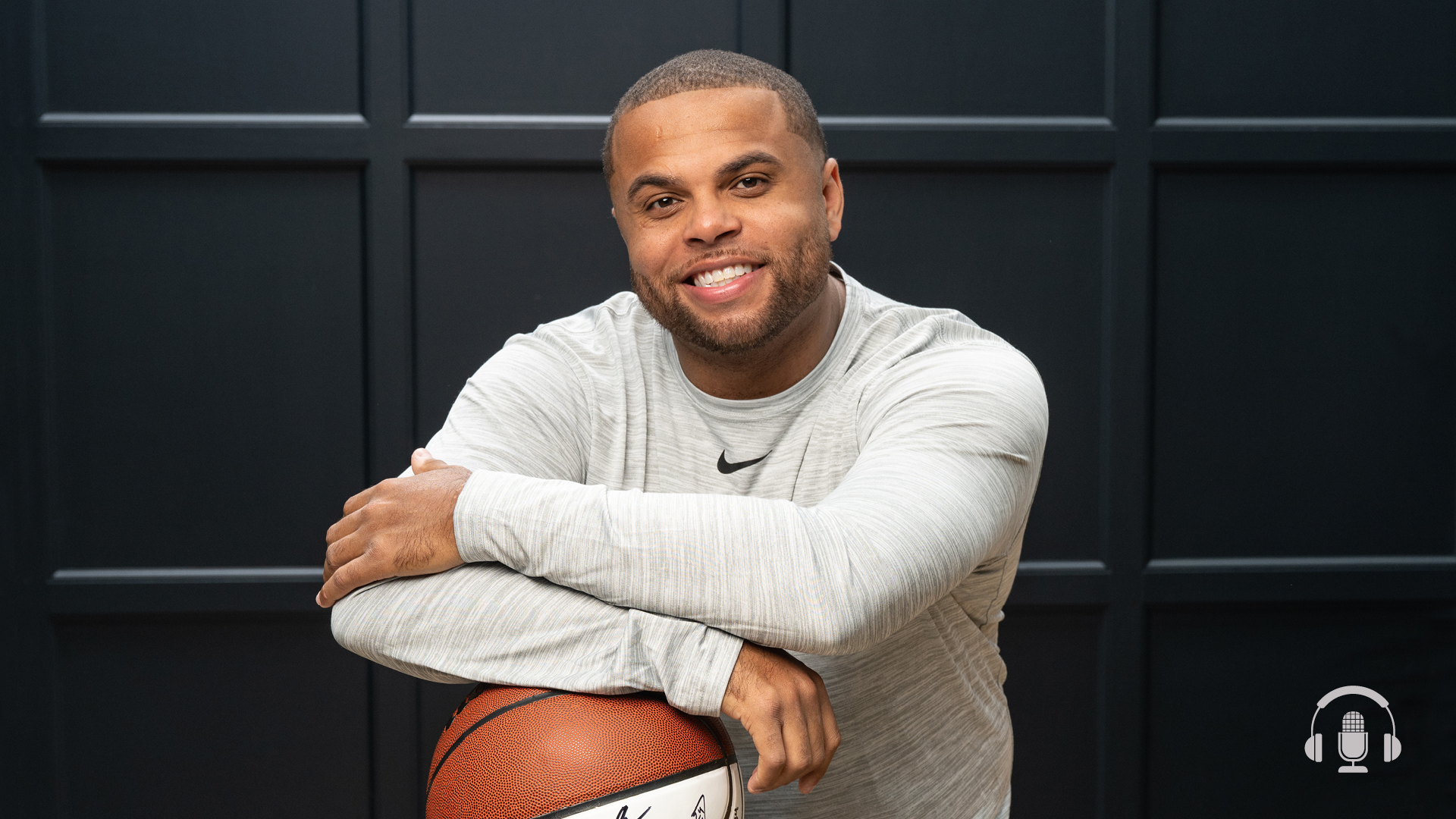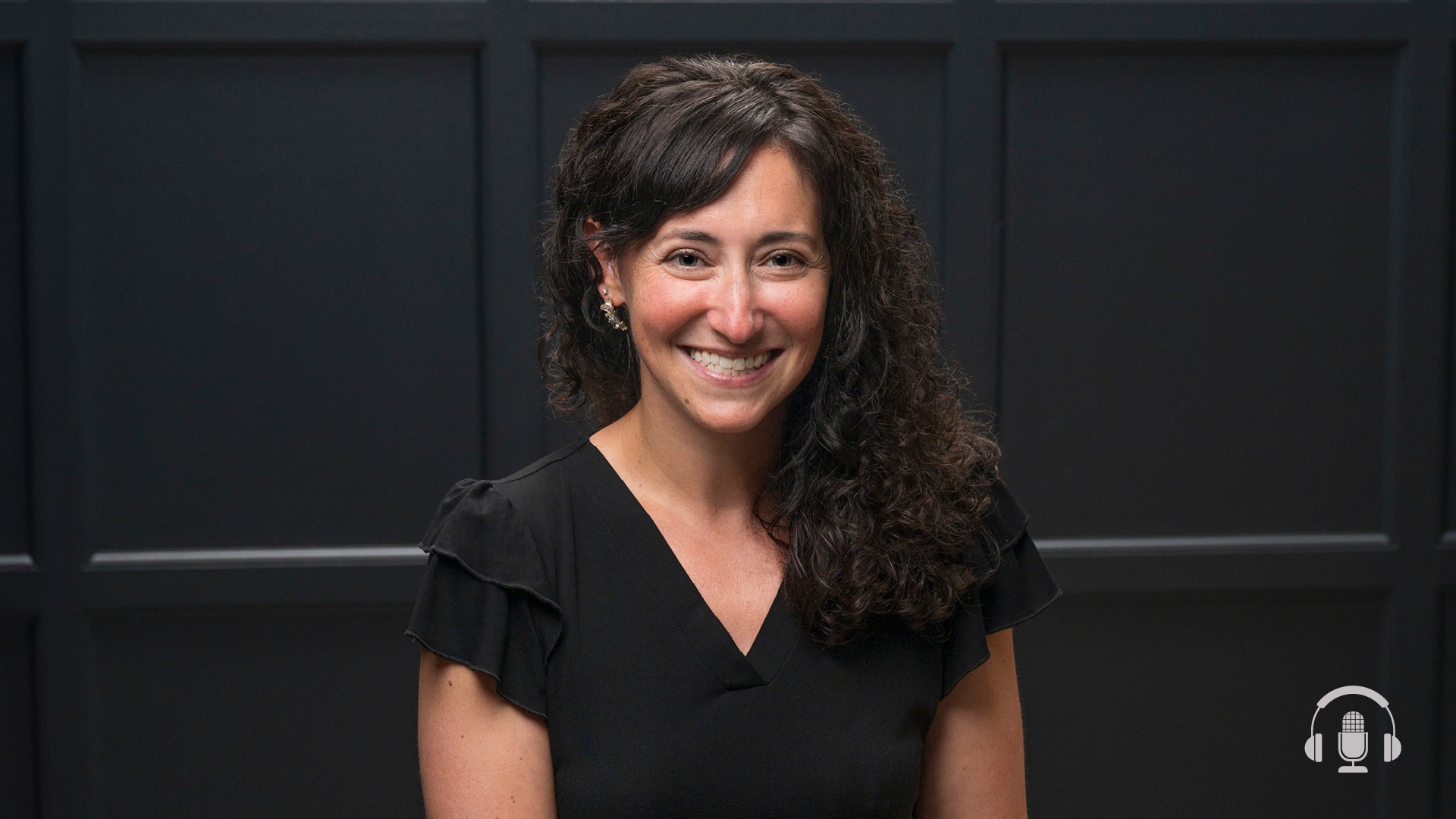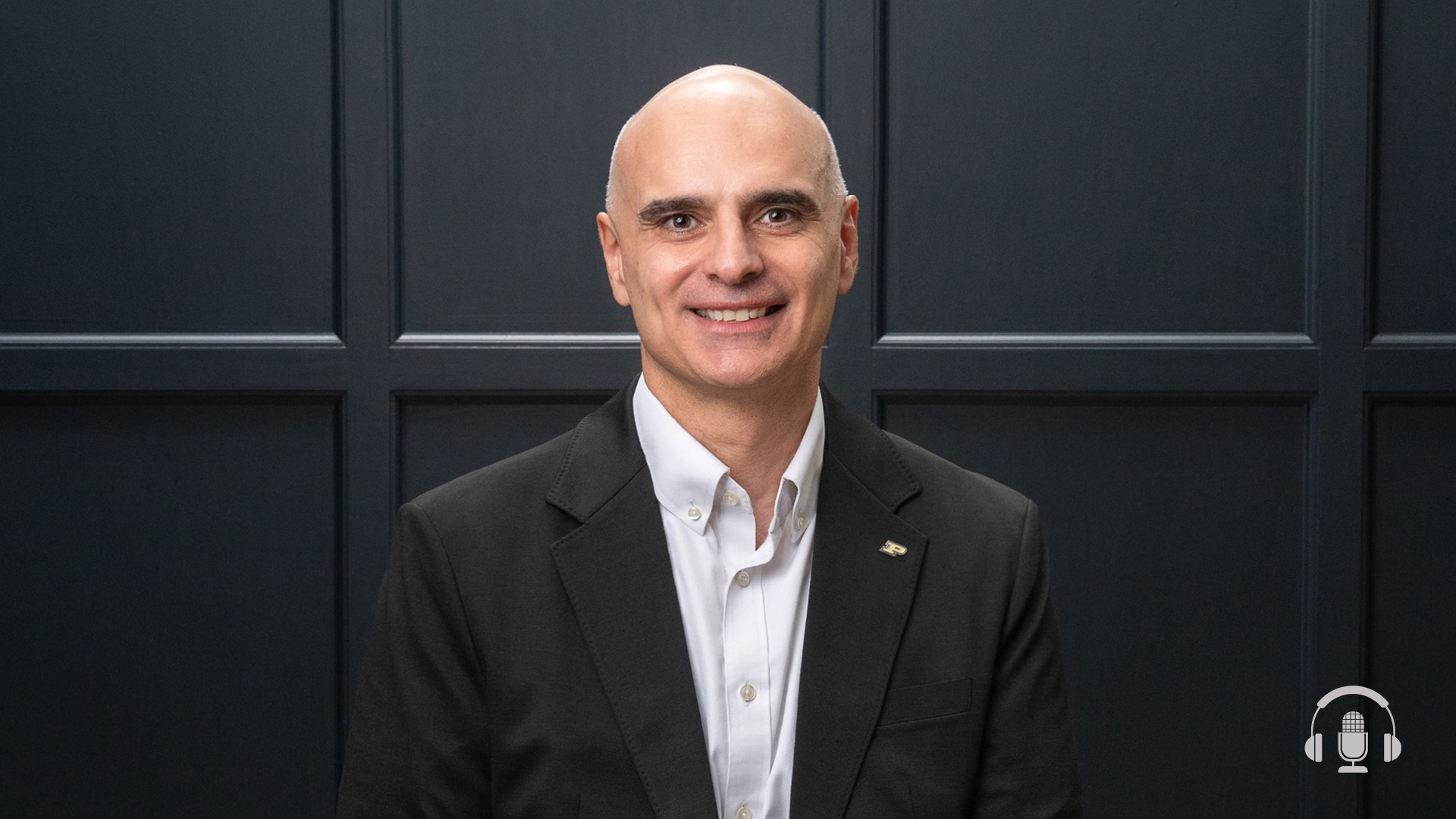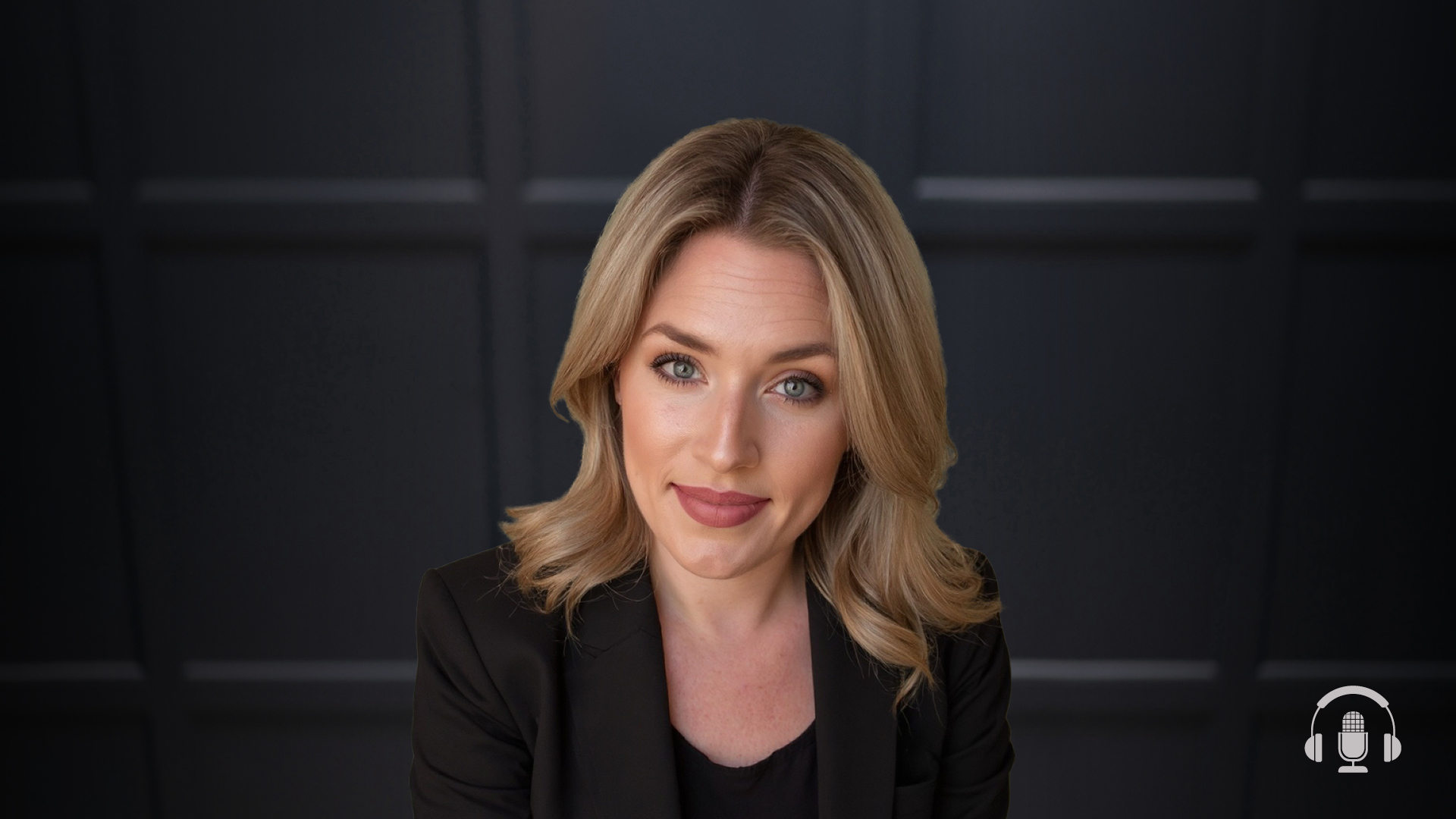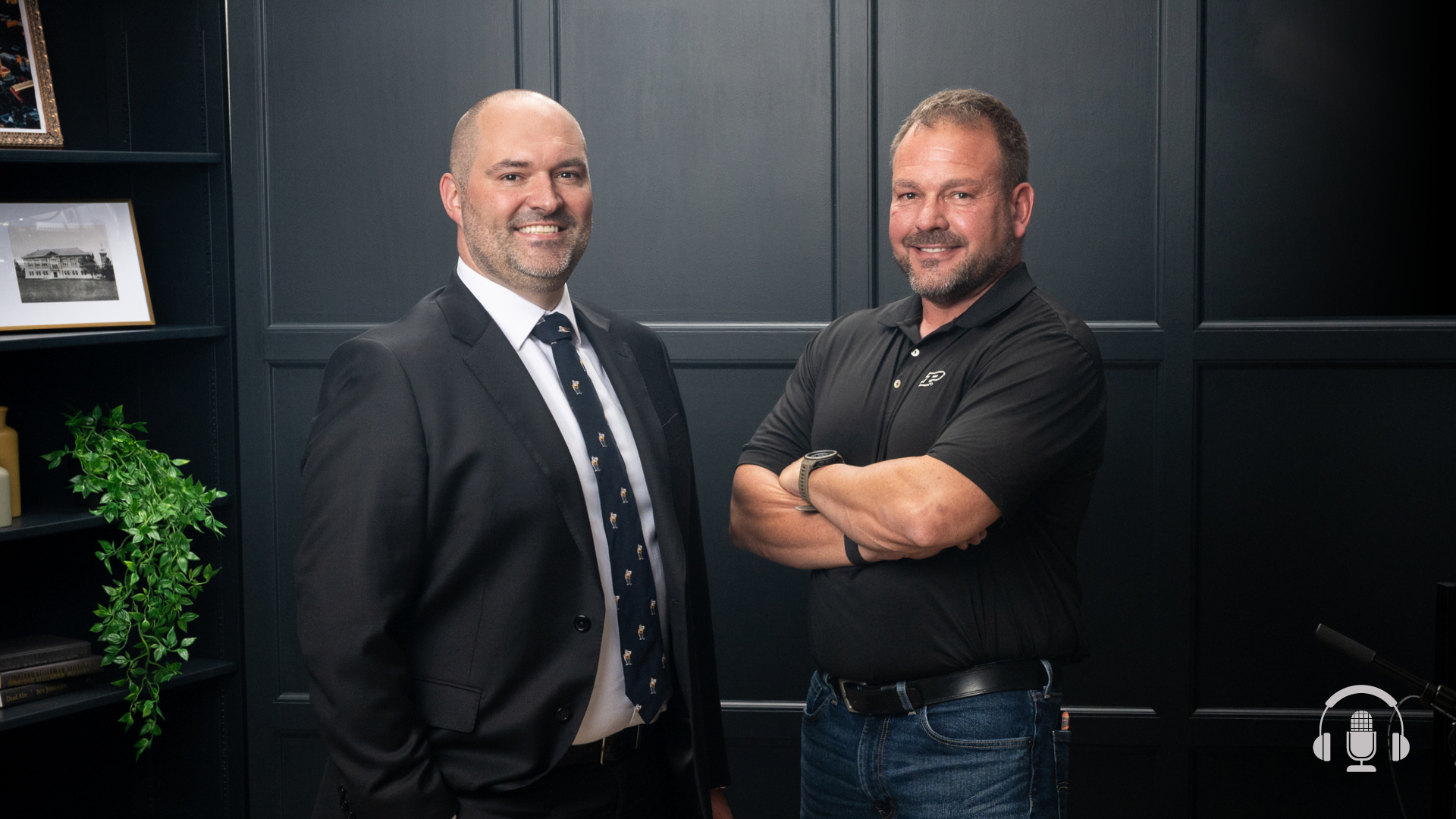Podcast Ep. 126: Behind Disney’s Magic: Senior Technical Director Eric Hall on Theatre Engineering and Pyrotechnics at ‘The Most Magical Place on Earth’

In this episode of “This Is Purdue,” we’re talking to Eric Hall (BS multidisciplinary engineering ’95), senior technical director at Disney Live Entertainment.
Eric recently celebrated 30 years at Disney, and he’s instrumental in the safety, execution and enchantment behind iconic fireworks shows like “Epcot Forever” and “Luminous: The Symphony of Us.”
In this magical episode of “This Is Purdue,” you will:
- Hear how Eric’s hands-on experiences in the theatre engineering program, part of Purdue’s Colleges of Engineering and Liberal Arts, prepared him for a career in live entertainment.
- Explore the day-to-day life of a 30-year Disney veteran, from the innovative live show processes to the technical, behind-the-scenes details.
- Find out more about the parks’ rigorous safety protocols and the training Disney implements to protect its visitors and cast members.
- Learn why Eric is committed to mentoring young Boilermakers, specifically in the multidisciplinary engineering program, and giving students the tools and guidance they need to succeed in their own live entertainment careers.
- Get the inside scoop into future shows coming to some of the most beloved Disney parks.
Don’t miss this episode featuring our first Disney Boilermaker, who is helping bring enchantment to millions of fans each year!
- Learn more about Eric Hall
- Learn more about Purdue’s theatre engineering program
- Learn more about multidisciplinary engineering at Purdue
- Learn more about Purdue’s College of Engineering
- Learn more about Purdue’s College of Liberal Arts
- Learn more about Purdue’s online themed entertainment design certificate.
- Learn more about Disney Live Entertainment
- Learn more about Disney’s fireworks and nighttime entertainment
Podcast Transcript
Eric Hall :
This is Eric Hall and you’re listening to, This is Purdue.
Kate Young :
Hi, I’m Kate Young and you are listening to This is Purdue, the official podcast for Purdue University. As a Purdue alum and Indiana native, I know firsthand about the family of students and professors who are in it together. Persistently pursuing and relentlessly rethinking who are the next game changers, difference makers, ceiling breakers, innovators? Who are these Boilermakers? Join me as we feature students, faculty, and alumni, taking small steps toward their giant leaps and inspiring others to do the same.
Eric Hall :
There’s a lot of expectation just on ourselves. We want to bring the best show, so it’s always cool when you do it, when you start a show like the first show, Luminous’s first show, or Epcot Forever’s first show, and you have people around the lagoon, and at the end they’re all applauding and yelling and they appreciated the effort that you put into it.
Kate Young :
In this episode of This is Purdue, we are talking to Eric Hall, senior technical director at Disney Live Entertainment. We are so excited to feature our first Disney boilermaker on the podcast. Eric grew up in Hobart, Indiana and was a Purdue fan from a young age. Initially, he wanted to pursue aerospace engineering at Purdue, but says once he saw Purdue’s theater engineering program, he knew that was the right path for him. This big pivot he made during his time as a boilermaker certainly worked out for him. Eric recently celebrated his 30th year at Disney Live Entertainment and has decades of experience with large-scale events, live shows, and of course, the famous nightly Disney fireworks extravaganzas, Epcot Forever and Luminous, the Symphony of us.
Eric’s also worked with celebrity talent throughout his years and even offered Prince Harry a donut as the two were watching wheelchair basketball together as part of Prince Harry’s Invictus Games, which were held at Walt Disney World Resort in 2016. Prince Harry politely declined the donut Eric says. Eric has plenty more Disney behind the scenes fun in store for us today, so let’s get to it. Here’s my conversation with Eric. Eric, thank you so much for joining us on. This is Purdue, Purdue’s official university podcast. There are so many Disney fans within our team with Purdue Brand Studio. You’re the first Disney employee we’ve had on the pod, so we’re just really excited to learn more about your Purdue journey, but also your Disney journey. Let’s get right into it.
Eric Hall :
Great.
Kate Young :
Thanks for coming and joining us.
Eric Hall :
Thanks for having me.
Kate Young :
Of course, of course. So at Purdue you studied interdisciplinary engineering and then you concentrated in theater as well. Why did you choose Purdue and where did this unique passion come?
Eric Hall :
Well, actually, Purdue has always been around in my life. I have two aunts and an uncle that graduated from Purdue. So early on they were kind of, “Purdue, Purdue, Purdue.” But as I got older and I was in high school, my uncle kind of steered me into the engineering realm. I looked into that, so I was like, “Well, I have an aptitude towards that sort of thing.” And Purdue is one of the top engineering schools, so it was kind of a no-brainer for me to choose. I got into the theater engineering program soon after. I was still kind of undecided as to what type of engineering I wanted to study, so they had the classes that kind of go over all the different types and just for people like me that wasn’t quite sure where I wanted to go with it.
I did theater in high school. I did acting and show choir and stuff like that, so I already had kind of a draw towards that sort of thing, and when I saw that there was a theater engineering program, definitely, I jumped right on it. I just happened to be at the right place at the right time to get into that program. So it was actually perfect.
Kate Young :
I have to say, you have a theater voice, a radio, maybe you should start a podcast. I think your voice is incredible.
Eric Hall :
Thanks. Funny you say that. My son is trying to get into voiceover work. He’s an actor as well.
Kate Young :
Nice.
Eric Hall :
He sounds just like me. It’s really weird. I’ll let him know that kind of between that he’s probably got the same type of voice and good for recording and radio. Appreciate that.
Kate Young :
Eric walks us through the unique hands-on experiences he gained during his time at Purdue.
Eric Hall :
There were several, especially with the theater program because I took engineering classes and theater classes, and within the theater classes there were a lot of hands-on because you have to do hands-on in order to do theater tech. So it was a matter of installing sound system and black box theater and just setting up a show in terms of sound design, hanging lights and fixing lights and just getting into the equipment. Also, I had a really cool opportunity to go to USITT with other students in the theater program. We presented some labs that a graduate theater student had developed for students to learn how to do things such as how to solder properly or how to test impedance on a speaker, things like that.
I kind of drifted more towards the audio portion of engineering and the theater, and when we went to USITT, I got to present a portion of that, so that was really cool. I really enjoyed that. I also did an internship at a recording studio in Lafayette. I don’t know if they’re still there or not. That was a really cool opportunity as well. That I really enjoyed. I love just kind of learning about a little of everything.
Kate Young :
Yes, you’ve had some unique experiences for sure. What is the biggest thing overall that stuck out to you during your time at Purdue?
Eric Hall :
The biggest thing that I got from that is just my love of audio because I started off as an audio engineer, and that’s where I really kind of drifted towards, like I said, and learning how studio techniques work, and it was just fascinating to me how placement of a microphone makes a difference and the acoustics of an environment in a studio makes a difference in how things sound. So it was just that love of… I came away with, “Oh, I really want to do this for a living,” sort of thing. And then when the engineering part kicked in was the acoustics and the math and the theory part of audio and live sound and studio engineering. That helped me immensely.
Kate Young :
It’s really cool because when you think about… I think of theater, singing, acting, those are usually more creative or writer types of people, and then you also paired that with engineering with STEM, so it’s like the best of both worlds collide really. It’s interesting.
Eric Hall :
And the theater engineering program that Purdue has actually does marry that together because you learn design, you learn why things are chosen for a particular production in terms of scenic lighting and audio for that matter. So having that sort of the left brain, right brain type of thing together makes it really valuable because I can understand when a show director wants something and I can explain, “Oh, I think this is what you’re looking for.” Sort of ideas are, “Hey, this doesn’t seem right. What do you think of that?” It’s not purely technical. I can understand the creative process and help maybe guide that along and be creative within my technical role as well.
Kate Young :
I have to say there is nothing that upsets me more than when a professional podcast that makes money with ads and everything has poor audio. So I’m sure that you feel me when you are listening to audio and it’s not perfect.
Eric Hall :
If you ask my wife, it’s this. When you go to concerts, I can never fully just enjoy it. I’m always looking at, “Oh, what type of speakers are they using? Oh, what does that sound like?” And yes, I do get irritated if it doesn’t sound good. So right there with you.
Kate Young :
So fast-forward after graduating from Purdue, Eric shares more about his journey to Disney. As he mentioned, he’s always been passionate about live entertainment, but what drew him to pyrotechnics specifically, plus he shares some age-old advice to get your foot in the door for your dream career.
Eric Hall :
I wanted to work for Disney, and I didn’t know what capacity and what roles were available. At the time, internet was just barely going, so you really couldn’t find anything out other than going to Disney’s Casting Center. So I went to apply for a role at Disney. I figured out, well, I’ll be a stage tech, I’ll get some hands-on experience. I know how to do live sound and the studio stuff, so let me do that. They didn’t have any positions at the time, so I started off in monorails. I drove a monorail for about a year or so, and then they had a cross utilization program to where people with aptitude towards a certain discipline, that area, if they have a need for a temporary fill-in for something, they would pull somebody from another department.
That’s what’s great about Disney is you have all these opportunities and got brought over and proved myself worthy, and then they offered me a full-time position. So I started off as a stage technician working the various shows in the Magic Kingdom. We used to do a lot of events. We still do a lot of events, and I used to do grad night and Night of Joy. And then I moved up from there, I became a crew chief, so I would help plan events and figure concerts out and filmings and stuff like that. And then I was asked to see if I wanted to become a technical director, which our role is basically to be the guide for the project in terms of technical. We’re responsible for the technical delivery of a project, so audio, lighting, effects.
We kind of shepherd that process. I did that for… Let’s see, I’ve been a technical director now since about 2009, and then I was promoted last year to senior technical director. In my current role, I am assisting with our work with the Central Florida Tourism Oversight District, formerly known as Reedy Creek. I help with our permitting process and building codes, and I help shepherd some of my peers and coworkers as to what’s allowable when we design for a show or project. So that’s pretty much it. So it’s again, a lot of opportunity and a lot of people that helped me along the way, so it’s been a great journey so far.
Kate Young :
You really got your foot in the door and then moved up from there, right? That’s what it sounds like.
Eric Hall :
Yes, and I preach that to students. Sometimes maybe what you’re looking for isn’t available, get as close as you can, get the hands on, build those relationships, then it goes from there.
Kate Young :
I know you just said you worked at Disney since 1995, so you’re celebrating 30 years there. Congrats. That’s awesome.
Eric Hall :
Thank you.
Kate Young :
What has made you stay at Disney for three decades? That’s a long time.
Eric Hall :
It doesn’t seem that long, to be honest.
Kate Young :
That’s always good.
Eric Hall :
Right. Time flies when you’re having fun.
The relationships that I’ve built have kept me there. The company as a whole, they treat the cast members really well. There’s a lot of cool things that I get to do. I don’t do the same thing every day. There’s always something different. I work different projects in different parks throughout the year. There’s always some sort of challenge, and I like that. I like being challenged. I like being able to solve problems to be creative, and the company’s just giving me opportunities to do that, and I get to do some very unique things, work with some very cool people. I have a lot of friends there. I’ve been happy and I’ve stayed, and like I said, it just doesn’t seem that long. It’s been a fun journey so far.
Kate Young :
What have been some of your most challenging projects, most rewarding projects throughout those 30 years, would you say?
Eric Hall :
Two of the most rewarding projects that I recently worked on was Warrior Games, which is an Olympic style event put on by the Department of Defense for disabled veterans and service members. And watching those athletes do what they do and how much effort and passion they put into it was just… You feel it. And I was just so proud to be part of that. And then similarly, there was the Invictus Games. It’s a very similar event. Prince Harry actually produces that. He was there, same thing. It was just amazing to watch these brave people overcome what happened to them and be successful in their sport, and they were very loved and they really had a good time. It was amazing. Most projects are challenging.
The two fireworks shows that I’ve worked on Nighttime Spectaculars and challenging in itself because anytime you’re starting from scratch and you’re coming up with a blue sky and you’re trying to figure out what’s the best way to impress our guests and make them smile and have great memories. There’s always challenges because we want to do something different that really hasn’t been seen before, or we want to produce the best we can. And so there’s always something that when you’re working with things that you’ve never done before, it’s always a challenge. So Epcot Forever was a challenge in itself that had lit kites. We had never done that before, put lights on a kite and actually have them change via computer control.
And then of course with Luminous, we basically had… We built brand new barges and there were a lot of them, and we had a lot of things that are on the barges, lighting and fountains, and the pyrotechnics, and so there’s figuring out how that fits is a challenge and just getting everything made, but it’s fun challenges. Those things are like, “Ooh, let’s get into that sort of thing.”
Kate Young :
I love that. When you look back on the past 30 years, is there one defining career moment that you could share with us?
Eric Hall :
When I do these projects, for the most part, a lot of people see them. There’s a lot of, I don’t want to say pressure. There’s a lot of expectation in terms of just on ourselves. We want to bring the best show, so it’s always cool when you do it. When you start a show like Luminous’s first show or Epcot Forever first show, and you have people around the lagoon and at the end they’re all applauding and yelling and they appreciated the effort that you put into it. I had some really great mentors, some really great people help me along the way, so very appreciative. But most importantly, when I did the Epcot Forever Show, right afterwards, my son came up to me, they were selling merchandise in the shops that were a themed to Epcot forever.
And he said, “I want to get one of those shirts because I want to wear it to school tomorrow.” He was very proud of me and he wanted to… “My dad put on the show.” And so that right there made everything worth it. Just the fact that my family was proud of what I did, that’s the top for me. It’s great that guests love our shows and they write about them and they think they’re great. It’s a good feeling knowing that you’ve made that many people happy and created those memories and made people smile. But the one that got me was when my son was showing that he was proud of me.
Kate Young :
That’s so special. I hope you bought him a shirt or a hat or something, a couple different pairs.
Eric Hall :
He got it for sure.
Kate Young :
That’s awesome. Disney’s known for so many things. They’re known for their fireworks, but they’re also known for safety, keeping millions of people safe in these parks every single day. How does Disney make safety such a critical element of the guest experience?
Eric Hall :
Because we put it first, it’s as simple as that. When we design, we’re always looking for what’s safe. We have programs, we have safety professionals, we have a lot of resources, and as we go through the process, safety’s just first and foremost. If we can’t do it safely, we just won’t do it. We’re not only looking out for guest safety, we’re looking out for cast member safety as well. I can’t tell you how important it is and how much it comes up every day. To us, it’s just secondhand now.
It’s like, “What are we going to do? Is this okay?” We check with people. We have a lot of resources, a lot of people who know such things, and then we… Obviously, there’s other regulations and things that we obviously follow, so that fitting into those pockets and figuring out what needs to be looked at more in order to be safe, just like I said, first and foremost, it’s always on our mind all the time.
Kate Young :
Absolutely. How has that changed over the years that you’ve been there, that technology, the safety in these pyrotechnic shows, how has that evolved into everything that visitors see today?
Eric Hall :
Disney was the first to really use computer controlled firing systems for shows. If you’ve seen the documentary about Epcot becoming, they mentioned how the pyro was lit by a flare in the old days, so that’s just an example. So we find ways to make things safe. We innovate in order to help get to where we need to go. Technology has gotten more and more advanced when it comes to entertainment systems. Show control is a huge part of it. We have everything that works together in the show talking to each other, so it helps us keep track of what’s going on, and that’s really the main thing is just using innovation and technology to help tell the story and to help us do things more efficiently and safely.
Kate Young :
Eric shares a few behind the scenes moments with us about what it’s like working at the most magical place on earth.
Eric Hall :
I get to go do things that people would be very jealous of. I get to kind of climb around the parks and go backstage. There’s not a whole lot I can share with you on that, but we get to work with some really, really neat people and do a lot of things that not all everybody gets to do. Behind the scenes in terms of, in a generality, that’s where all the action happens. We want to do things that if it’s not ready, we don’t want the guests to see it. We want to present it, it says, if you’re opening a Christmas present, you don’t want to know what you’re getting beforehand. If you’re a kid, you do, but it’s that unwrapping that present we want people to be surprised and to be delighted when we present something.
So the behind the scenes part, there’s so many people that help put it together. So for the fireworks show, we have technicians, producers, managers, designers, engineers. There’s hundreds of people that could work on any particular show at any particular time, and they all have a different role. There’s a lot of collaboration that happens when it comes to developing these behind the scenes. We come up with ideas, we work through those ideas, we test ideas. And what works best, what’s going to fit for what story we want to tell, it’s an interesting, fun thing. Each department has their own backstage and behind the scenes things that you don’t really see. It’s all about what we want to present to the guests.
We love doing the behind the scenes for the documentaries and stuff. That doesn’t tell the whole story, but at the same time, there are so many people that help with these shows on just from an entertainment perspective, let alone our operations partners that do the shows on a daily basis and the technicians that do the show on a daily basis.
Kate Young :
Speaking of technicians, Eric says, these techs load over 1400 pieces of pyrotechnics onto multiple barges each day for ECOT’s current nightly show, Luminous: The Symphony of Us. In the afternoon, they drive those barges out to the lagoon and begin to prepare. And by the way, if you’re visiting the park, you can see what Eric calls the parade of barges. As the techs drive these small boats filled with pyrotechnics into their show spots for the evening, Eric did a lot of work on this Luminous show, which was recently featured in the documentary Epcot Becoming: Inside the Transformation on Disney+. Eric shares more. How cool is it to watch these back and point out, “Oh, my team and I did that,” or “That’s something that I impacted personally?” Talk us through that experience of watching that.
Eric Hall :
It’s great. The current documentary, I was actually done with my portion of the project, so you won’t see me in that. But seeing my team do their thing and watching the show and watching it all come together. There were actually some moments that I hadn’t seen until the show opened that we kind of added. It was a delight to me, and I was very proud of my team. I was like, “Well done, well done.” So yes, it’s very exciting to see my peers and my coworkers and my friends get the kudos that they deserve on a global scale. It’s great.
Kate Young :
If you are a Disney fan and have visited the theme parks, you likely remember the fireworks as a way to cap off your day and really your whole experience at the park. For decades now, Disney has featured these fireworks shows as a magical way to send you home. Walt Disney referred to the fireworks as a kiss good night. What does that mean to you that you’re impacting all of these visitors who are coming near and far? What does that mean to you to impact their experience as that final goodbye when they leave the park?
Eric Hall :
It impacts me to the point where when you had asked me earlier, why are you at Disney for 30 years? That’s why. It really is. Usually when you go somewhere or you see a show or something, you always talk about it afterwards in your family and it creates a memory. “Wow, wasn’t that neat?” Just people walking away and the shows like that, that are the kiss good nights are the final, “Hey, this is what we got for you and let’s create some memories here.” We always like to present something that hasn’t been seen before or people don’t get to see that often. So we really, really, really want to present something that once the guests walk away, they’re chatting about for days, and then maybe we inspire people at the same time.
Maybe they’re like, “You know what? I want to do that. I like those lasers. I wonder how they do that.” And that’s what gets people involved and that’s what people appreciate. It’s inspiration as well as just entertainment. We strive for that. We like to do things that make people go, wow, and we want them to talk about with their families. Yes, and in fact, we’re making memories. It’s what it’s all about.
Kate Young :
I asked Eric how Purdue’s theater engineering concentration in multidisciplinary engineering prepares students like him for incredible careers in live entertainment. Plus, he digs into his mentorship work with Purdue students and gives advice to those who may want to pursue a career of their own in live entertainment.
Eric Hall :
The program helps you understand and helps you analyze. You have the left brain and the right brain, so you have the technical and the creative. And that program, like I said before, kind of melds those together. So learning about design and the technical part, it’s great because it teaches the students to think through what their problem or their challenge is. The students that have the engineering mind to come up with things to solve creative challenges, that program seems to have done really well. There’s two other cast members that I work with in our live entertainment department that have come from that program, and they were extremely prepared. That program has actually gotten… It’s improved since I was there, obviously.
So over all those years ago, I was just really impressed with how well they prepare them for careers in entertainment because those two students who came to us, they fit right in. They knew what we were talking about, they knew how to solve problems. What do you think? They were impactful right away, and that’s important because theater technology is getting more and more complicated and more complex. You really need to have a technical mind in order to understand these things. There’s a of technology that’s come out since I graduated from Purdue that I’ve had to learn in my process. It’s always ever evolving, ever-changing.
We’ve gone into the LED light era and the digital era and having these students be prepared for that to understand how to program a lighting console and to create some sort of mechanical device that will move scenic the way you want it to. It’s super important and giving those students those tools to go, “Hey, you have this sort of problem. Here’s how you go about solving it.” And that’s super important. Troubleshooting in our industry is super important because not everything works great the first time, and again, it comes down to meeting the challenges in the design as well.
Kate Young :
We’ve had many Purdue engineering students on the podcast and what you just said, just the problem solving skills that they learn at Purdue impacts everything with their career, so I love that.
Eric Hall :
It was super important to me as well. Being able to analyze and think through a problem to step back and to understand the bits and pieces of the whole is extremely valuable.
Kate Young :
Absolutely. Tell us about your mentorship work with Purdue students. I know you frequently give presentations, come back to campus. What does it mean to you to mentor and recruit boilermakers? What advice do you give them about working for Disney, working in live entertainment?
Eric Hall :
I love it actually. It’s really great because again, when I was at Purdue, I didn’t have the resources that we have today. We don’t have the internet. You can contact, you could look up somebody who works at Disney. “Hey, what do you do? What exactly do you do every day?” And I just like giving back because I’ve struggled in my time learning things and understanding, and I’m lucky to have mentors that help me through the process, so I want to be a mentor to people to maybe make it a little easier for them to get where they need to go and to help just give them the tools to be successful. All the students I’ve talked to are extremely bright and passionate, and they just want to know, where do I go from here? What do I need to know? I give them advice.
I tell them what Disney Live Entertainment does or what my role involves. I have some students that reach out that they’re like, “I’m not sure what I want to do with this.” I talk to them. I ask them what they’re interested in. Maybe I point them in a direction, one of my peers or other cast members that may have some answers to them. So it’s not just me that’s giving answers. I’ve connected with some of the people that I’ve worked with that maybe have the information that those students are looking for. And just in general, just kind of giving them, “Hey, it’s okay to not know everything. It’s okay to say, I don’t know.” It’s learning and giving them advice. Things like that as to how to approach a job in general or a role.
They really seem to appreciate that. It’s not just the, “Hey, you should know this, this, this.” It’s the here’s how you go about things. And I try my best to connect people with different experiences or just to talk about what they’re interested in so they can find maybe the right fit for them.
Kate Young :
We had a Penske race engineer on during the Indy 500, and he was saying that he also didn’t have the internet to go and network and get into the racing world, and he sent physical letters to try to network with people and get his foot in the door. And I assume that’s what was going on with Disney back then too, to try to, “Hey, how can I get to know people and network with people at a huge awesome company like that?”
Eric Hall :
And within Disney, we network as well. I had a manager in Monorails that, “Oh, you have an aptitude for theater tech and you want to be a tech. Oh, I know somebody who’s a tech manager. Let me talk to them.” And it’s that sort of thing. Building relationships is super important in any role that you’re in. Talk through and then give yourself a chance to be seen to let them know who you are and what you’re interested in. And then Disney’s great about that, trying to find opportunities for people.
Kate Young :
We talked a lot about innovation previously, Disney, Purdue, big innovators. What do you see in the future of live entertainment? How do you see it involving? What excites you the most as you look towards the future?
Eric Hall :
We have a lot of things coming up. Basically, I see the future of entertainment, and especially with technical is getting more and more complex. Digital systems, more compact equipment, needing to know those things is super important. It’s just going to get more complex and I believe more safe. Most companies are looking for the safest way to do things, so I’m very excited about that piece because there’s been some great innovations and great products that have come out that have helped keep people safe. Now in terms of Disney as entertainment, we have some really cool things coming up. We have a new nighttime show at Magic Kingdom, a nighttime parade called Starlight. And I’ve seen what that’s going to look like and it is going to be beautiful.
I am very excited about seeing that. And we also have a new villain show that’s going to be really exciting because we’ve never really done anything like that. That’s going to be really, really neat. And then most recently we have a new Little Mermaid show coming as well. So those are three of the big things that have been announced. There’s a lot more exciting things coming. I can’t really discuss, but trust me, people are going to be surprised and delighted. We’re always trying to bring that wow factor to everything we do.
Kate Young :
Well, I know a lot of people love the wow factor and think that you absolutely do that at Disney. Is there anything else that I missed? Anything you want to tell our listeners?
Eric Hall :
For the people that want to work for Disney, it’s a great company. I’ve been there for 30 years and we have a lot of people that have been there for a very long time, so it shows how good of a company it is to work for and for those who want to maybe become techs or get into theater, do it. There’s some really good roles. I mean, not just for theme park entertainment, there’s entertainment everywhere, and they’re always looking for skilled technicians. For those young people who are into STEM, but they don’t really know what they want to do and they kind of like the theater thing or they like doing shows or presentations, I highly encourage it. It’s a fun thing to do, and Purdue has helped kind of see that.
I’m not sure how many theater engineering programs are out there. I don’t think there’s that many. But what Purdue has produced and their program is exactly where entertainment is going to be going. Engineering minded, creative minded people. So if you’re that way, I encourage you to think about that, follow your passions, enjoy what you do. You hear that a lot, but it really is, it’s super important. That’s my takeaway if anybody has just any doubts as to what they want to do.
Kate Young :
Well, Eric, I think that’s the perfect outro. Couldn’t have said it better myself. Thank you so much again for joining us. It was a pleasure.
Eric Hall :
Thank you. I appreciate it.
Kate Young :
Eric ends this special episode with some rapid fire questions. Number one, what is your favorite pyrotechnics show?
Eric Hall :
I have to be biased and say Luminous.
Kate Young :
That’s fair.
Eric Hall :
It’s a beautiful show. I really am so impressed with my team. It’s a gorgeous show. Everybody has to see it. You’ll love it.
Kate Young :
I mean, any show that has a documentary on Disney+ about it has got to be a good show. What is your favorite overall entertainment show, not just at Disney, any type of show that you’ve been to?
Eric Hall :
Believe it or not, I just recently saw some Broadway shows. Those were really impressive. The Harry Potter one was very impressive. For Disney shows, I’m partial to festival of The Lion King at Animal Kingdom. It’s so energetic and just the talent that is in that show. Everybody from acrobats to dancers and singers, it’s an amazing show. Everybody should see that when they come to Animal Kingdom. I love it. I see it every time I’m there.
Kate Young :
Noted. What is your biggest tip for people visiting Disney theme parks?
Eric Hall :
Have fun. That’s kind of obvious, right? But sometimes just enjoy it. Don’t worry about the little things. We help take care of that. We want the guests to have the most amazing experience, and sometimes people aren’t sure what it’s about. Maybe the first time that people have come to Disney, just enjoy it. Enjoy that time with your family, create those memories. We’re here to help you do that. Just have fun.
Kate Young :
I love it. Simple. What is your favorite thing about Disney?
Eric Hall :
The uniqueness of what we do. Just how passionate cast members are about putting on a good show. And that doesn’t mean just entertainment people. Putting on a good show is for our custodial partners, our attractions partners. Everybody is passionate about the guests having a good time. That’s really the best thing, is the energy that cast members bring to their role and how we help guests enjoy themselves. That’s kind of unique. A lot of people talk about Disney’s guest service and it’s the best. So that’s just my favorite thing is just how everybody who works here just loves what they do and loves the guests and loves that they’re giving them, making memories again.
Kate Young :
We have additional bonus content from Eric’s interview on our podcast YouTube channel. He dives into more detail on Disney fireworks and shares the best spots to watch these incredible shows at the parks. You don’t want to miss it, trust me. Head over to YouTube.com/@thisispurdue, and click that subscribe button while you’re there. You can also follow This is Purdue on Apple Podcasts, Spotify, iHeartRadio, or wherever you get your podcasts. And if you’re enjoying our content, leave us a rating and review. We love to hear from our listeners.
This is Purdue is hosted and written by me, Kate Young. Our podcast videography for this episode was led by Ted Schellenberger. Our social media marketing is led by Maria Welch. Our podcast distribution strategy for this episode was led by Teresa Walker and Carly Eastman. Our podcast design is led by Caitlin Freeville. Our podcast photography is led by John Underwood. Our podcast team project manager is Rain Gu. Our podcast YouTube Promotions is managed by Kirsten Bauman. Additional writing and research assistance is led by Sophie Ritz and Ashvini Malshe. Our video production assistant is Delaney Young. And our This is Purdue intern is Caroline Kime.
Thanks for listening to This is Purdue. For more information on this episode, visit our website at purdue.edu/podcasts. There you can head over to your favorite podcast app to subscribe and leave us a review. And as always, boiler up.
